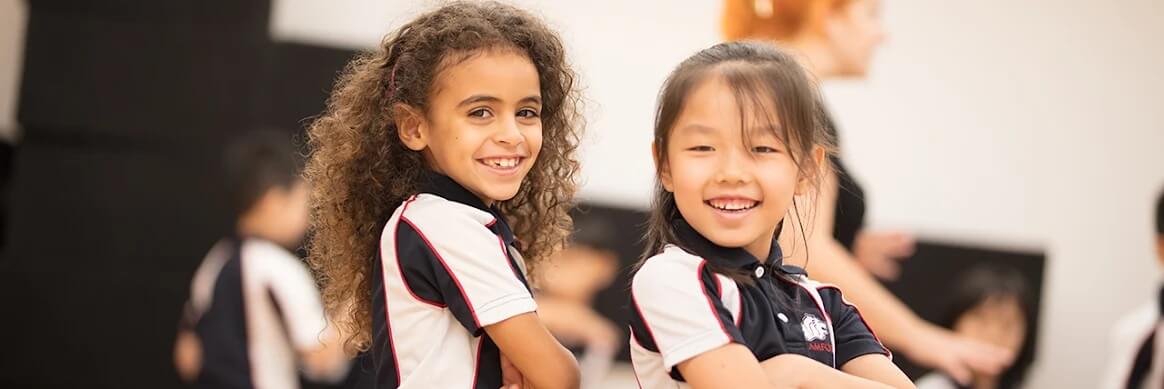Tips to Build Children’s Confidence
Confidence is an important skill and helping to build a child’s confidence can often pose a challenge for parents. It is critical to maintain a balance between supporting and not pushing too hard. A few small steps can make a big difference over time to help nudge your child along to becoming confident and able to express themselves.
Here are a few tips that parents can do at home.
- A great way to start is to encourage child(ren) in something they already have some proficiency in. This way you are not pushing but recognizing a skill, supporting their interests and helping them to extend their skills. Building confidence requires taking risks but trying something new for some might be too great a leap. Why not suggest something as simple as building a more complicated robot at home than your child did in robotics class. “You did such a great job on your robot, do you want to try a more difficult one? I think you will do a great job!” Even if the product is not perfect, praise them for trying and discuss what they learned in the process. This does not mean you should not encourage your child to try new things, but consider their capabilities and ask yourself-are you asking them to make a step forward or a great leap? Like any skill, moving forward step by step allows children the opportunity for mastery and reduces the risk of failure.
- Parents are role models; so show your confidence! Parents have to also be ready to take risks. Showing your children that you are willing to take risks will encourage them to do the same. For you, this might be trying a new sport, hobby or even going to a networking session and sharing this experience with your child. Reminding them that you also share similar feelings will help them feel more comfortable when extending their boundaries and is a great chance to bond over shared experiences.
- Reading stories together is not only a great way to encourage a love of reading but also builds confidence-even with older children. Discussing the character’s emotional journey and sharing feelings about different situations helps your child think through them and sometimes even ask for your advice. Asking them what they might do in the same situation can also identify areas your child might not feel as confident, or give you opportunity to praise them. Confidence is not just about being the star of the school play but feeling comfortable being who you are, understanding your own thoughts and feelings so you can express yourself.
- Talking to your children about their day is a great way to foster confidence. Why? It allows your child to work through their feelings related to real life situations and allows them to develop verbal skills with an adult audience. With younger children, vocabulary can be an issue; so, asking questions with fewer choices and specific targets can help. “Did you draw today or did you play with the blocks?” This will help elicit a much better response than “What did you do today?” You can delve deeper with related follow up questions. For older children knowing their schedule and friends, it leads to more specific questions “Did you learn anything new in robotics today?” “Was it exciting to….?” “Were you disappointed about…?” Moving past the surface not only helps them to better express themselves, but allows you to better understand your child’s school life and support them throughout the challenges of growing up and forming an identity.
- The last point can be a challenge for us all at times, be positive. Being positive does not mean pretending to be happy all the time; but showing your child that even through tough situations, you have positive mindset. Not getting what you want does not mean that you can’t be happy. Be honest and express your disappointment, but show your child how you will move forward. Having meaningful conversations about moving past disappointment will give your child the tools to be more resilient to life’s challenges and build true confidence.
Check out our other parent tips to help develop confident and resilient children!



